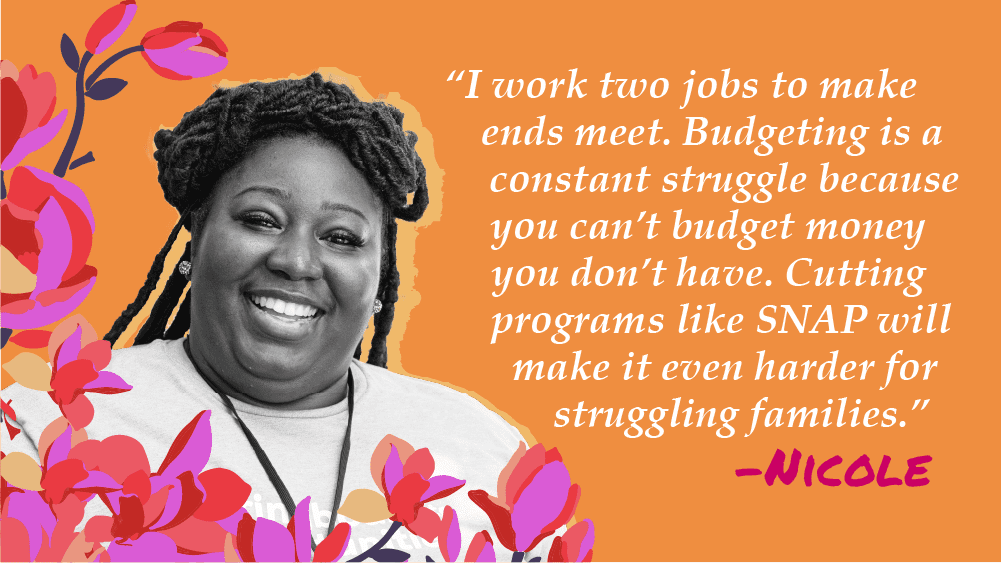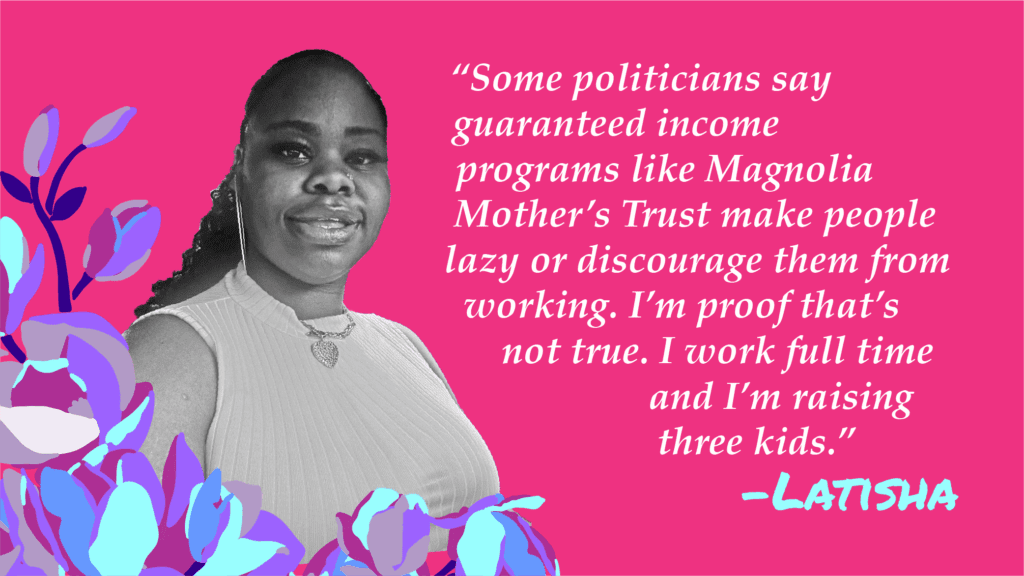How Mississippi could meet the needs of more than 19,000 families waiting for child care vouchers.
When she is not caring for her 6-year-old daughter and 1-year-old son, Amaya Jones is working full time at Kroger. Jones wants to go back to school in January to study social work, so she can help young women like herself navigate complicated programs designed to help – but which often trap – poor people.
“I know what it’s like to be homeless, to apply for (food stamps) and be denied even though you need it, to be looked at as just a number – I know how it all feels,” Jones said. “I want to help mothers and kids and young women.”
Returning to school will only be possible if Jones regains vouchers she lost in June that made child care affordable, she said. Jones’ family is one of more than 19,000 Mississippi families who lost access to child care vouchers and is now on a growing waitlist after pandemic-era funding that boosted the program dried up, according to the Mississippi Department of Human Services.


